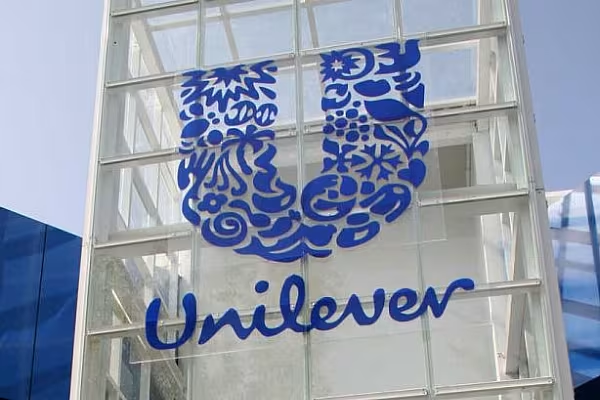Unilever has announced that it is to reduce the use of virgin plastic in packaging by 50% by 2025.
The consumer goods giant expects to deliver a virgin plastic packaging footprint of no more than 350,000 tonnes by 2025 through this initiative.
The commitment, which Unilever claims is a first for any major global consumer goods company, will reduce plastic waste in its operations and help create a circular economy.
'Radical Action'
Unilever CEO, Alan Jope, commented, “Plastic has its place, but that place is not in the environment. We can only eliminate plastic waste by acting fast and taking radical action at all points in the plastic cycle.”
The Dove owner will remove more than 100,000 tonnes of plastics from packaging by investing in multiple-use packs, alternative packaging materials, and packaging-free products.
It will also replace non-recyclable plastic with recyclable variants and monitor change in the use of virgin plastics annually.
'A Fundamental Rethink'
Jope explained, “Our starting point has to be design, reducing the amount of plastic we use, and then making sure that what we do use increasingly comes from recycled sources. We are also committed to ensuring all our plastic packaging is reusable, recyclable or compostable.
“This demands a fundamental rethink in our approach to our packaging and products. It requires us to introduce new and innovative packaging materials and scale up new business models, like re-use and re-fill formats, at an unprecedented speed and intensity,” he added.
Unilever has also committed to helping collect and process around 600,000 tonnes of plastic, annually, by 2025.
This will be achieved by investment and partnerships aimed at improving waste management infrastructure in many of the countries in which Unilever operates.
'Our Plastic Is Our Responsibility'
Jope said, “Our vision is a world in which everyone works together to ensure that plastic stays in the economy and out of the environment.
“Our plastic is our responsibility and so we are committed to collecting back more than we sell, as part of our drive towards a circular economy. This is a daunting but exciting task which will help drive global demand for recycled plastic.”
Eco-Friendly Measures
Unilever introduced its ‘Less, Better, No’ plastic framework in 2017, to transform its approach towards plastic packaging.
Since then, the company has introduced shampoo bars, refillable toothpaste tablets, cardboard deodorant sticks, and bamboo toothbrushes.
It has also introduced concentrated products, such as the new Cif Eco-refill which eliminates 75% plastic packaging, new refill stations for shampoo and laundry detergent in shops, universities, and mobile vending systems in South East Asia.
It has also signed up to the Loop platform, which is exploring new ways of delivering and collecting reusable products from consumers’ homes.
Industry Reaction
Commenting on the move, Ellen MacArthur, the founder of the Ellen MacArthur Foundation, described Unilever's announcement as a 'significant step' in creating a circular economy for plastic.
"We urge others to follow their lead, so collectively we can eliminate the plastic we don’t need, innovate, so what we do need is circulated, and ultimately build an economic system where plastic packaging never becomes waste."
Elsewhere, senior managing director and global lead for Accenture’s Consumer Goods and Services practice, Laura Gurski, commented, "Manufacturers need to actively seek new options for how best to make, and supply, products.
"From toothpaste to toilet paper, the priorities of these companies should be that products are packaged to be suitable on shelves in physical supermarket stores but are also are fit for transportation and delivery."
© 2019 European Supermarket Magazine – your source for the latest retail news. Article by Dayeeta Das. Click subscribe to sign up to ESM: European Supermarket Magazine.














